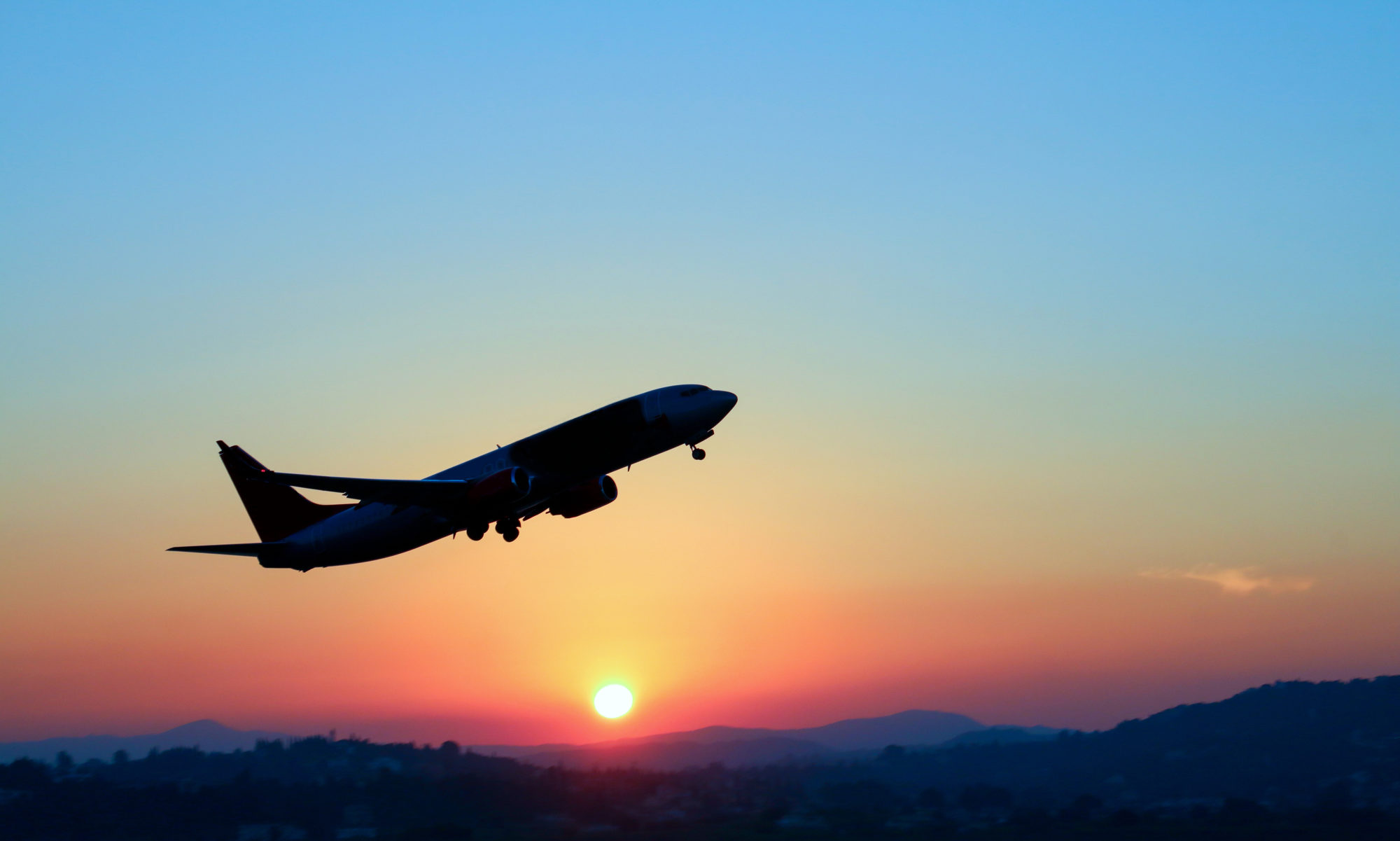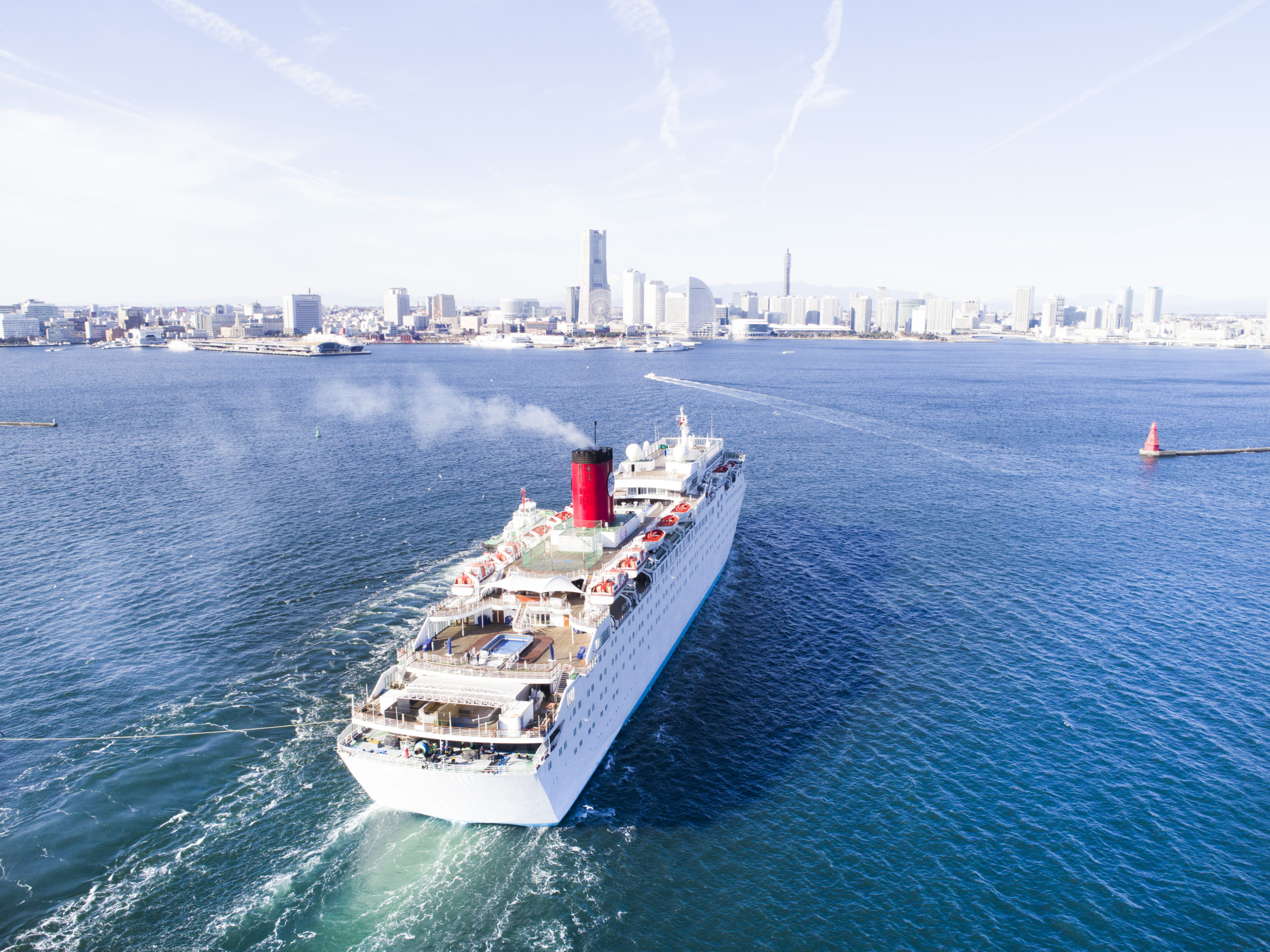With commercial airline traffic to and from China virtually shut down, and with little prospect that control of the coronavirus is imminent, travellers need to do a quick study of what travel insurance can or cannot do in protecting them from unexpected costs of emergency medical care, trip cancellations, disruptions, re-routings or possibly even temporary isolation far from home.
To help with that study, we have asked Matt Davies, Senior Product Specialist with MSH International to help us navigate through the finer points of travel insurance benefits and limitations as they are provided to Canadian travellers planning visits to countries impacted by the coronavirus epidemic.
One important point to emphasize is that these guidelines or limitations are largely dependent on government assessments of health or other risks in foreign countries and are not just arbitrary rulings set out by insurers.
The before or after rule
Generally, if you purchase insurance for travel to any nation for which the government of Canada has issued “avoid non-essential travel” or “avoid all travel” warnings, certain benefits normally provided may be limited or excluded.
In the case of China, where there is a Canadian government warning extant against non-essential travel to the country as a whole, and all travel to the specific province of Hubei (the immediate site of the coronavirus outbreak), any medical expenses you incur related to that disease would not be coverable if you bought your insurance after those warnings were raised. Once the warnings are lifted, coverage returns to normal.
But if you purchased travel insurance for a trip to China before the government issued its warnings, and you either cancelled your trip or decided to return home early due to concerns about the coronavirus, your trip cancellation and interruption benefits would remain intact.
What would those benefits be?
Again: for trip cancellation and interruption benefits to be applicable, you must have purchased your insurance before the government raised its travel warnings.
Any money you prepaid for your trip that is not recoverable from airlines or hotels or other tour services
may be covered by your travel insurance. But if your airline or tour operator offers refunds or vouchers for future travel, that will reduce your insurer’s obligations. No double-dipping. And though we say your costs would be covered, we must add that all such costs are subject to certain daily specified in your policy. Know those when you sign your contract.
If you choose to interrupt your trip due to the travel warning raised by your government, your trip interruption benefit will pay the cost of your economy airfare home if your return ticket is not changeable or refundable by your airline. And if you’re returned home by a government-arranged charter (as some have been during this recent coronavirus crisis) and the government charges you a fee, your travel insurance may reimburse you up to the cost of an economy airfare.
Your trip interruption benefits may also cover any out- of- pocket costs of unexpected layovers that are beyond your control, such as for meals, hotels, taxis, telephone charges. But these expenses will be subject to daily limits and you need to check them out in your policy. Don’t expect free nights at the Ritz Carlton if your original tour had you booked in a Holiday Inn.
Remember that covered benefits for trip interruption are designed to keep you safe and comfortable and get you home as conveniently as possible. And again, that only works if your insurance was purchased before your government raised its warning to “avoid non-essential travel” or “avoid all travel.”
So know your policy. Know the reimbursement limits. And always stay tuned in to the government travel advisories that often change from day to day–https://travel.gc.ca/destinations/china
© Copyright 2020 Milan Korcok. All rights reserved.


